Things to Keep in Mind Before Migrating from Django to WordPress
Two of the best content management systems (CMS) available right now are Django and WordPress.
However, many experts would say that WordPress has a slight advantage over Django thanks to its enhanced functionality and customization features. In fact, a report from Kinsta states that WordPress held a 60.8% share in the CMS market in 2020.
The problem here is that deciding to switch platforms and performing the migration itself are two very different things. Migrating isn’t an easy task especially when there are many things to consider to ensure a successful transfer.
If you’re thinking of jumping ship from Django to WordPress, then it’s essential for you to know what to keep in mind before you do so.
Below are some of the main areas to look into to ensure a smooth transition.
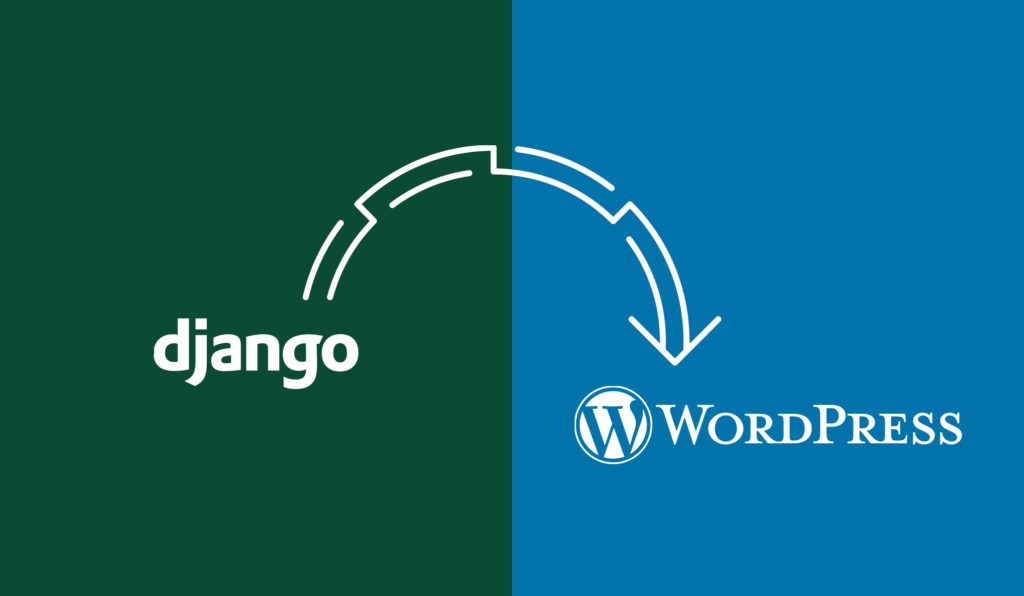
Know Your Priorities Before You Migrate from Django to WordPress
Carrying out a pre-migration assessment of your website’s data is one of the most important steps when transferring from Django to WordPress. Such an analysis is vital because it allows you to get an overview of all elements necessary that need to be transmitted from your Django website to your new site on WordPress.
When you can perform an in-depth assessment of your website prior to migration, you can identify which aspects need to be prioritized. You also get to know how much work is needed to transfer everything over to the new platform.
Such knowledge is beneficial as it gives you the information you need to migrate seamlessly.
Ensure You Backup Your Data Before Starting the Migration
When you migrate to WordPress, there are a few factors that can affect the transfer process, which may cause unanticipated problems. For example, when you complete the transfer, some of your data may be lost along the way.
That’s why before you decide to make the switch, it’s crucial that you make a backup of all your site’s data beforehand. The good thing is that you already know what essential and non-essential components of your website are, allowing you to focus on specific areas before others during the backup process.
The existing data on your Django website pre-migration is significantly important and if you lose this during the transfer without backups, it can be very difficult to get that back. Therefore, perform backups of all vital elements to avoid such problems.
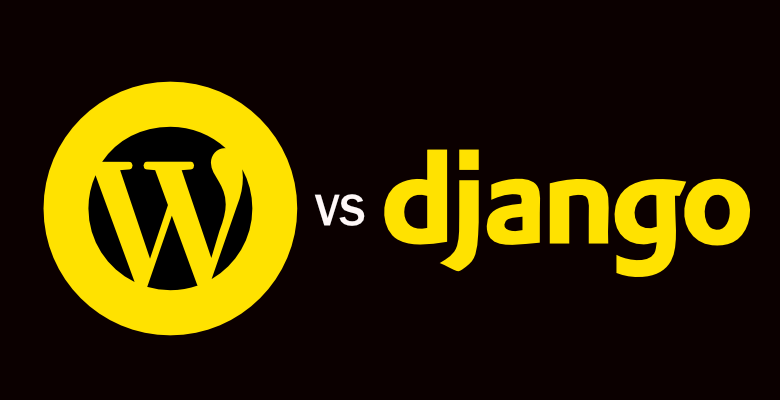
Find Out If Your Service Provider is Secure
To facilitate and ensure your migration from Django to WordPress goes smoothly, you’ll need to get help from a reputable third-party service provider. These companies are experts in performing transfers from one platform to the next but not all of them provide the same quality of service.
That’s why when choosing your provider, you want to make sure that the IT infrastructure and servers that they use have solid security measures in place. This is because faulty security can easily lead to data breaches, which are common nowadays especially since hackers can easily profit from business information.
Check to see if your desired provider applies the best practices in terms of cybersecurity and see what protocols they have at the ready for securing your site data.
Check for SEO and Site Downtime
Website owners who already have a strong search engine optimization (SEO) presence on Django may feel hesitant about moving over to WordPress. This is primarily because SEO is difficult to develop and will take time in order to achieve significant rankings. One mistake is all it takes to reset everything back to zero.
To avoid this, you want to prepare beforehand to ensure that everything will go smoothly SEO-wise. Your metadata, URL structure, headings, internal linking, and structured data are just some of the main things you should cover during migration.
Additionally, you should think about how long will your website be down once you shift to WordPress. Downtime can significantly affect any business and should be kept to a minimum as much as possible.
Work With an Experienced Third-Party Service Provider
Finally, you want to partner with a third-party service provider that is experienced in providing WordPress migration services. Working with such an expert can help make the process go smoothly.
However, you need to check the credentials of your provider before deciding to migrate from Django to WordPress. You want to make sure that they have performed such an operation countless times successfully.
Conclusion
WordPress is one of the best content management systems for websites today. That’s why there are many people looking to move their sites in order to leverage the improved functionality and customization available from the platform.
By following the tips provided above, you should know what to look out for once you’ve decided to migrate to WordPress from Django.


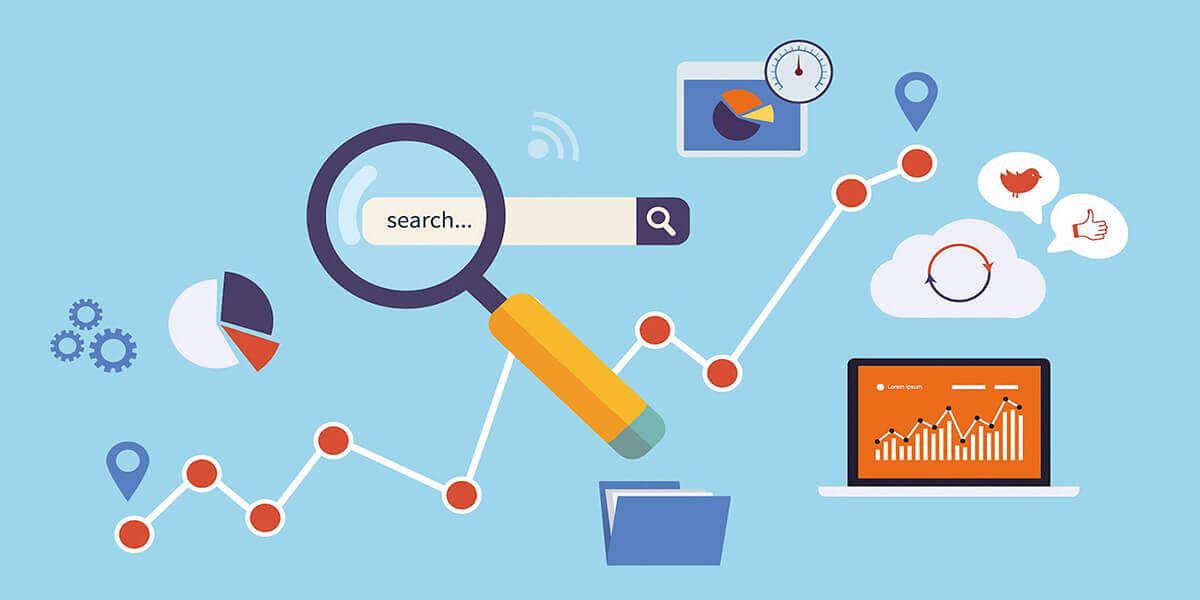
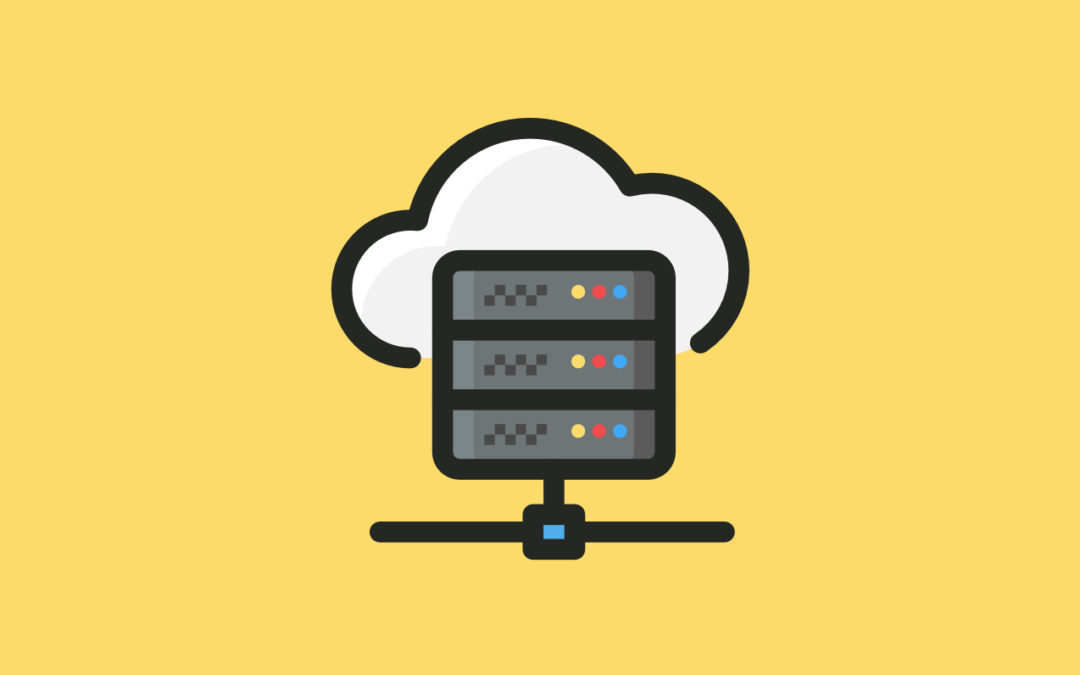
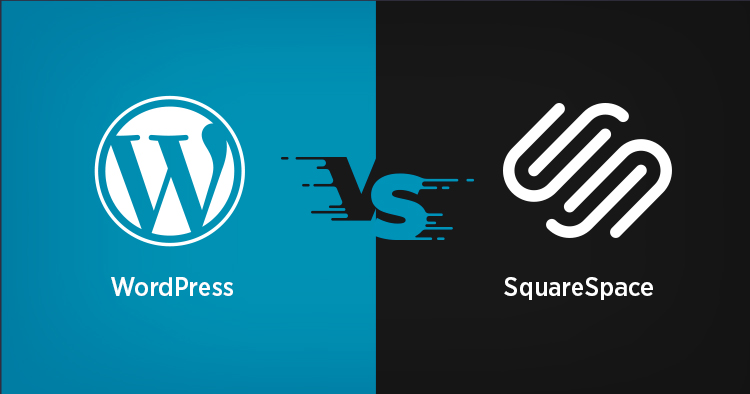
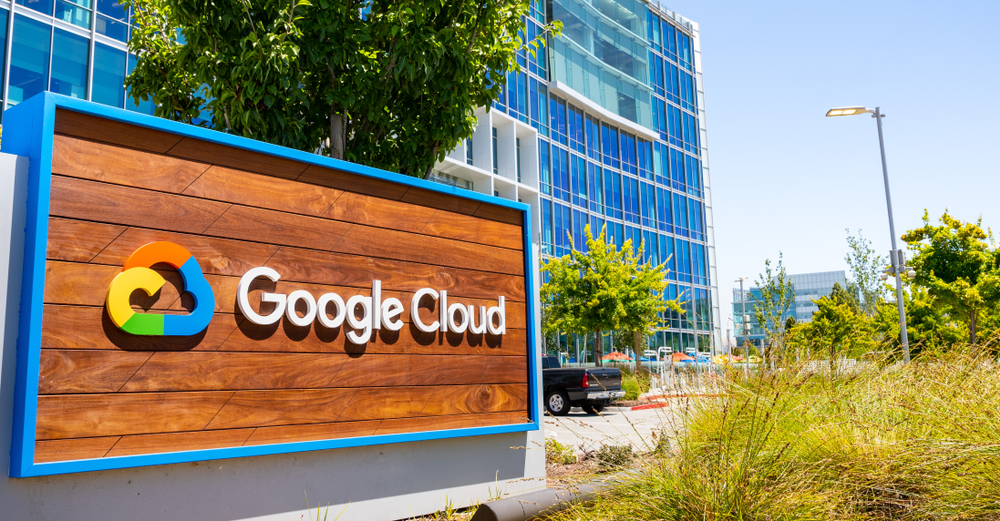

0 Comments